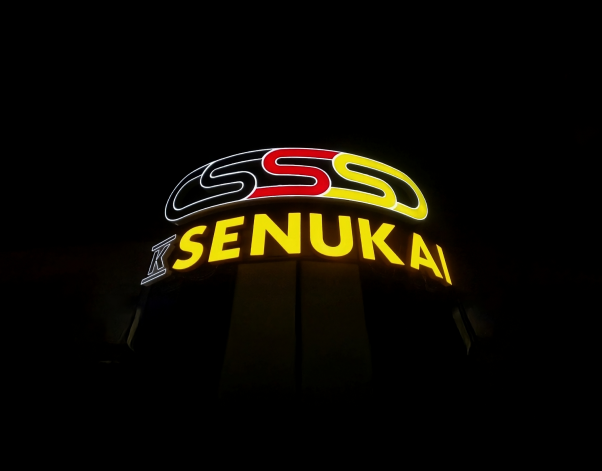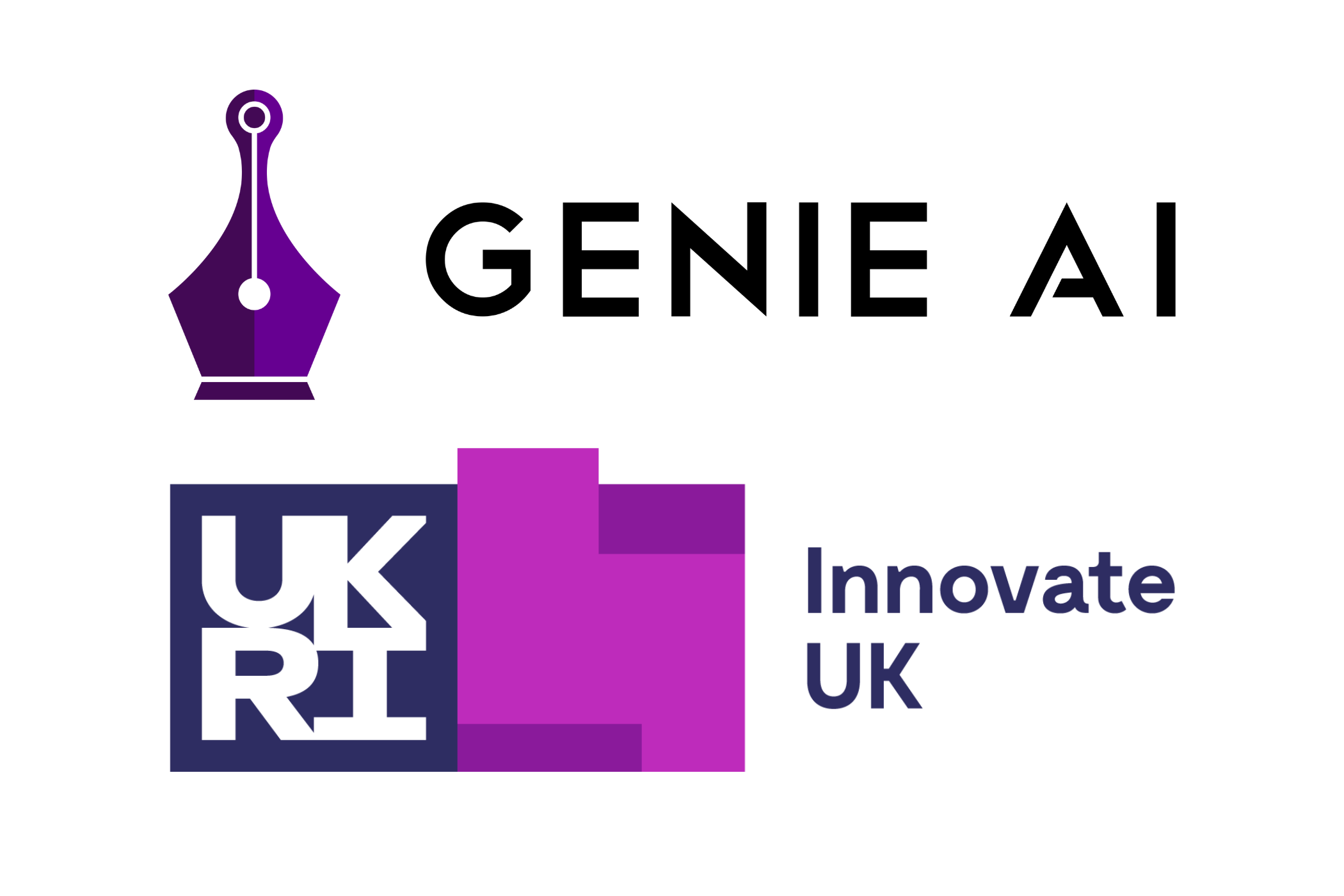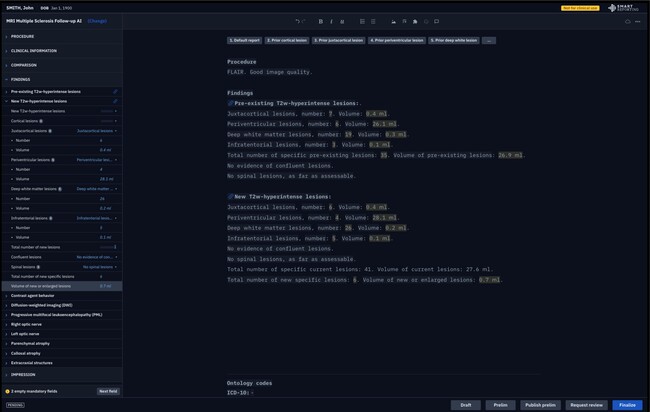Technological progress and innovation are central to K Senukai’s long-term strategy, with the company committing to invest 100 million euros in advanced technologies, including artificial intelligence (AI), by 2030. These investments are already starting to pay off, as the company enhances its processes and strengthens its leadership in the market.
“We are committed to driving progress in cybersecurity, digital transformation, sustainability, and innovation, aiming to set new retail standards. In today’s competitive landscape, advanced AI tools, robotics, and data analytics solutions are essential. While there is a wide range of such systems, we only implement products that adhere to the highest data security standards,” states Artūras Rakauskas, President of the K Senukai Group.
The Impact of Emerging Technologies on the Market
As part of its transition to a more sustainable organisational model, K Senukai closely monitors trends across various sectors, assesses market shifts, and seeks innovative solutions to adapt to evolving conditions. On January 27, 2025, a temporary downturn exceeding 1 trillion USD was recorded in the semiconductor, energy, and infrastructure sectors related to artificial intelligence. Nvidia’s stock plummeted by 17%, resulting in a loss of approximately 600 billion USD in market value. Due to the potential decrease in data centre energy demand, the stock values of some IT infrastructure companies fell by more than 20%. This prompted K Senukai to conduct a deeper analysis of the situation.
International studies highlighted the significant impact of DeepSeek, an AI model introduced by China, on global markets. This technology is regarded as a direct competitor to the widely used AI model, ChatGPT. DeepSeek’s higher efficiency means it requires less computing power, enabling faster AI responses while alleviating strain on data centres.
Although DeepSeek could represent a technological breakthrough due to its operational efficiency, this does not necessarily mean that data centre expansion will slow down, the IT infrastructure sector will shrink, or technological development will decelerate. The Jevons paradox suggests that increased efficiency often leads to even greater resource consumption.
“AI technology development is likely to accelerate, becoming more advanced, while timely implementation of solutions will enable businesses to address challenges more quickly, accurately, and efficiently,” says A. Rakauskas.
AI in Retail
The implementation of AI models in the retail sector offers numerous benefits. K Senukai integrates natural language processing (NLP), machine learning (ML), predictive analytics, and dynamic pricing algorithms into its daily operations. Over time, AI adoption is expected to lower operational costs, resulting in more competitive product and service pricing.
AI systems deliver the greatest value when integrated with other technologies, combining flexibility with cost efficiency to solve business challenges. By merging business systems with AI models and robotic process automation (RPA) solutions, companies can unlock the full potential of these technologies. At K Senukai, a dedicated team of AI specialists focuses on finding practical applications for innovations, ensuring their implementation, development, and ongoing support.
A recent example of successful AI applications at the company is the email analysis and response recommendation system implemented in the customer service centre. Powered by Azure OpenAI models, the system analyses incoming emails, categorises them, and generates response suggestions for managers, enabling faster issue resolution and improving customer response times. Similar models are also used internally to streamline employee queries. These technologies enhance operational efficiency, support sustainability, and improve the Employer Net Promoter Score (eNPS) metric.
Balancing Cost and Performance
In its ongoing pursuit of cutting-edge technology solutions, K Senukai’s AI team has also explored the Mixture of Experts (MoE) architecture-based DeepSeek. This approach divides a large AI model into smaller sub-models or “experts,” each trained to handle specific datasets. Compared to the GPT architecture used by OpenAI, MoE enhances computational efficiency and optimises resource allocation by activating only the most relevant experts for a given task.
DeepSeek, a Chinese AI startup, has gained recognition for its MoE models, such as R1 and V3, which rival the performance of OpenAI’s most advanced model, GPT-01. R1 outperforms GPT-01 by a few percentage points in areas like code generation (98% vs. 97%) and quantitative reasoning (97% vs. 95%). Meanwhile, GPT-01 excels in reasoning and general knowledge (92% vs. 91%) as well as scientific reasoning (77% vs. 70%). Additionally, DeepSeek-R1 is highly cost-efficient, with response generation costs 95% lower than those of OpenAI’s models.
While DeepSeek models deliver strong performance and can improve efficiency in specific business areas, OpenAI remains superior in problem-solving and logical reasoning tasks.
On January 28, 2025, just eight days after the launch of DeepSeek-R1, the Chinese company Alibaba released its own AI model, Qwen2.5 Max. Like DeepSeek, Alibaba’s model utilises the MoE architecture and outperformed DeepSeek in benchmark tests. This underscores the rapid evolution of the AI market and the necessity for businesses to remain agile, continuously adapt, and harness the latest AI advancements to stay competitive.
AI Security Risk Assessment
While DeepSeek offers numerous advantages, the primary drawback of the technology, as assessed by cybersecurity experts at K Senukai, is the risk of data leakage.
An international cybersecurity firm has identified several significant vulnerabilities in DeepSeek’s mobile application related to user data security. The app transmits sensitive user data and device information to servers over the internet without encryption or uses insecure encryption methods, such as outdated triple DES encryption, and reuses initialisation vectors and cryptographic keys.
Additionally, the application suffers from insecure data storage: sensitive information, including usernames, passwords, and encryption keys, is stored in an open-access database within the app, leaving it vulnerable to theft.
DeepSeek’s privacy policy states that the platform collects user data, including IP addresses, device identifiers, keystroke patterns, and network activity. Additionally, personal data may be stored on servers outside the user’s home country, including in the People’s Republic of China.
Another study revealed that DeepSeek’s unprotected, non-authenticated databases contained large amounts of data, including chat histories, login credentials, API keys, and operational metadata. The study concluded that the security of data transmitted to the system was compromised.
To mitigate these risks, K Senukai rigorously analyses all technological solutions before implementation. Cybersecurity remains a top priority, and only products that meet the highest security standards are adopted. Through continuous investments in AI and digital transformation, K Senukai enhances operational efficiency and sets new retail standards across the Baltic region.
Currently, K Senukai operates 93 owned and franchise-based stores in the Baltics, along with six online shops (Senukai.lt, 1A.lt, K-Senukai.lv, 1A.lv, K-Rauta.ee, and 1A.ee), holding over 20% of the regional market share.







